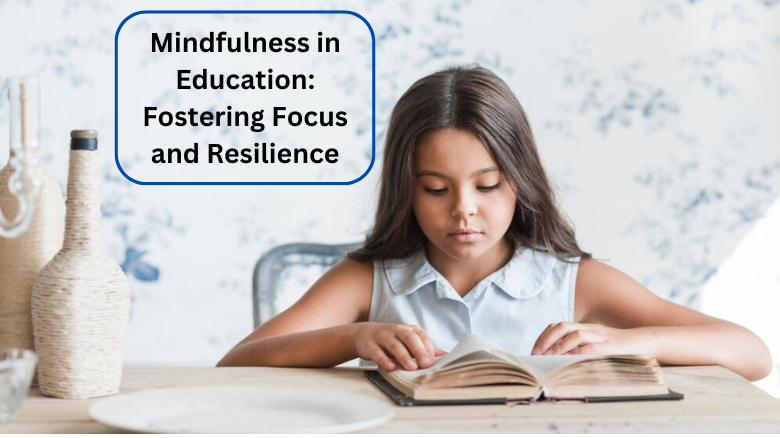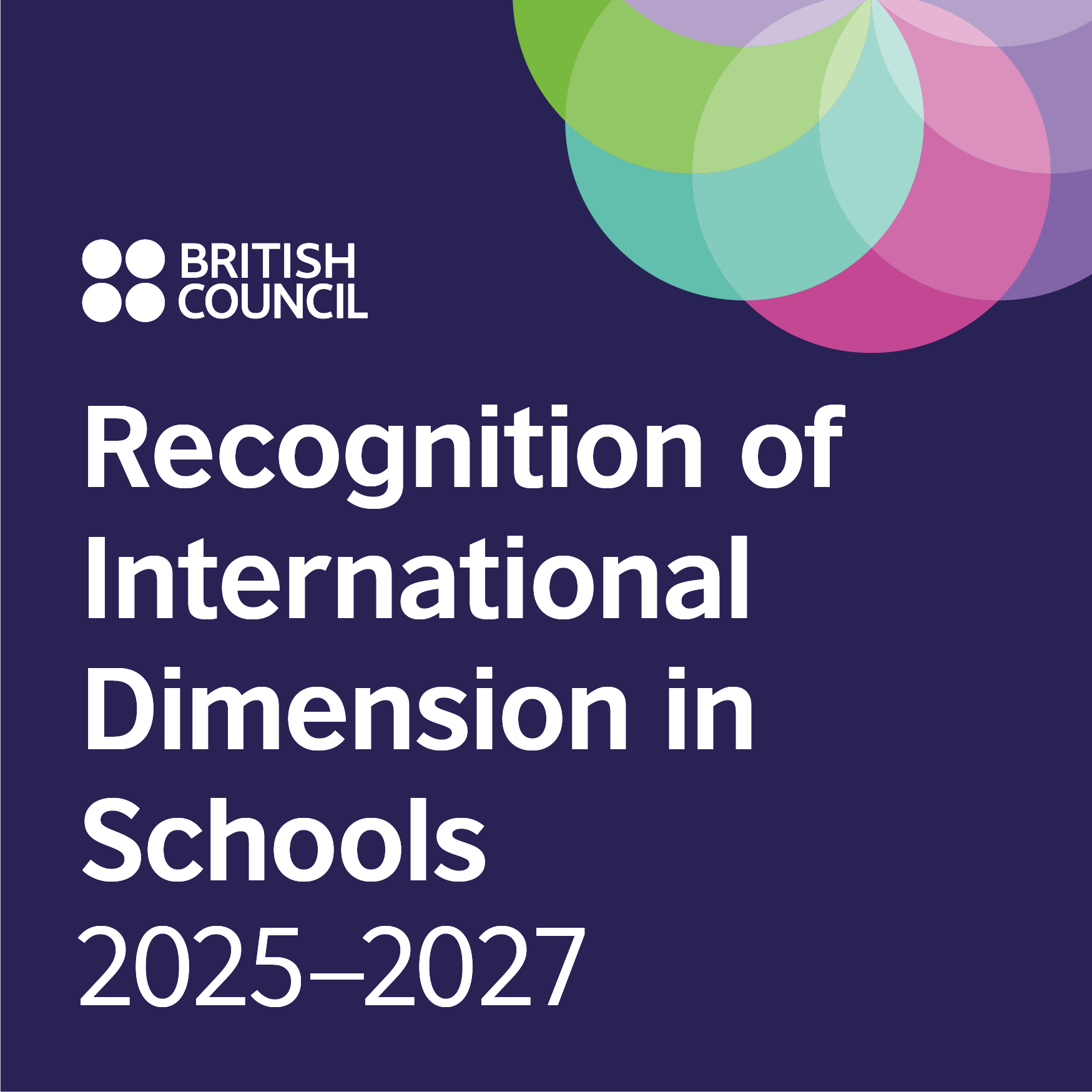In today’s rapidly evolving world we live in, children are often inundated with information, distractions, and stressors that can impact their ability to focus and learn effectively. As educators and parents, the challenge lies in helping students navigate these pressures while cultivating skills that promote long-term well-being and academic success. One powerful tool that has gained significant traction in educational settings is mindfulness. By incorporating mindfulness practices into the classroom, educators can help students develop the focus, resilience, and emotional intelligence necessary for thriving in both their academic and personal lives.
The Concept of Mindfulness in Education:
Mindfulness, at its core, is the practice of paying deliberate attention to the present moment without judgment. In an educational context, mindfulness encourages students to focus on their current experience—whether it's a lesson, an activity, or an emotional response—without being overwhelmed by external distractions or internal anxieties. This practice not only helps students stay engaged in the classroom but also fosters a deeper sense of self-awareness and emotional regulation.
Benefits of Mindfulness for Students:
1.Enhanced Focus and Concentration:
Mindfulness practices have been shown to improve students' ability to focus on tasks and reduce the impact of distractions. By training their minds to return to the present moment, students can enhance their concentration during lessons and examinations, leading to better academic outcomes.
2.Improved Emotional Regulation:
School can be a source of various stressors, from academic pressure to social challenges. Mindfulness provides students with tools to manage their emotions, reducing instances of anxiety, frustration, and anger. This emotional regulation is crucial for maintaining a positive learning environment and fostering healthy relationships among peers.
3.Development of Resilience:
Resilience is the strength to recover and thrive in the face of setbacks and challenges. Through mindfulness, students learn to approach difficulties with a calm and composed mindset, viewing obstacles as opportunities for growth rather than insurmountable barriers. This resilient attitude is invaluable not only in academics but also in life beyond the classroom.
4.Increased Self-Awareness:
Mindfulness encourages students to reflect on their thoughts, feelings, and behaviors. This self-awareness helps them understand their learning styles, identify areas for improvement, and make informed decisions about their academic and personal lives. It also promotes empathy and understanding towards others, contributing to a more compassionate school community.
5.Better Academic Performance:
With improved focus, emotional regulation, and resilience, it's no surprise that mindfulness has a positive impact on academic performance. Students who practice mindfulness are better equipped to handle the pressures of exams and assignments, leading to enhanced performance and higher levels of achievement.
Integrating Mindfulness into the Classroom:
Incorporating mindfulness into the classroom doesn't require a complete overhaul of the curriculum. Instead, it can be seamlessly integrated into daily routines and activities. Here are some strategies that educators can use to bring mindfulness into their classrooms:
1.Mindful Breathing Exercises:
Starting the day with a few minutes of mindful breathing can set a positive tone for the rest of the school day. Simple exercises like focusing on the breath or practicing deep breathing can help students center themselves and prepare for learning.
2.Mindful Listening:
During lessons, teachers can encourage students to practice mindful listening by paying full attention to the speaker without letting their minds wander. This practice not only enhances comprehension but also fosters respect and empathy in the classroom.
3.Mindful Transitions:
Transitions between activities or subjects can be stressful for students, especially when they are required to shift focus quickly. Mindful transitions, such as taking a moment to pause and breathe before moving on to the next task, can help students adjust more smoothly and reduce stress.
4.Reflection and Gratitude Practices:
At the end of the day, students can reflect on what they've learned and express gratitude for positive experiences. This practice reinforces the day's learning and encourages a positive mindset.
5.Incorporating Mindful Breaks:
Incorporating short mindful breaks throughout the day can help students recharge and refocus. These breaks can involve simple activities like stretching, deep breathing, or even a brief moment of silence.
Mindfulness at Vikas The Concept School:
At Vikas, The Concept School, the integration of mindfulness into the educational experience is a testament to our commitment to nurturing well-rounded, resilient students. Recognized as one of the best CBSE schools in Hyderabad, Vikas understands the importance of equipping students with the skills they need to succeed academically and emotionally.
Our approach to mindfulness is woven into the fabric of our daily routines. From mindful breathing exercises in the morning to reflection sessions at the end of the day, we create an environment where students can thrive. Our educators are trained to incorporate mindfulness into their teaching methods, ensuring that every student benefits from these practices.
The impact of mindfulness at Vikas extends beyond the classroom. Our students report lower levels of stress, improved focus, and a greater sense of well-being, which translates into better academic performance and a more harmonious school community. We believe that by fostering focus and resilience through mindfulness, we are not only preparing our students for exams but also for the challenges they will face in life.
Conclusion: Join Vikas The Concept School
Mindfulness in education is more than just a trend—it's a transformative approach that helps students develop the focus and resilience they need to succeed. At Vikas The Concept School, we are proud to be at the forefront of this movement, providing our students with the tools they need to thrive in a competitive world. As one of the best CBSE schools in Hyderabad, Vikas is dedicated to creating an environment where mindfulness is an integral part of the learning experience.
We invite you to explore more about Vikas The Concept School and discover how our unique approach to education can benefit your child. Join us in our mission to nurture the next generation of focused, resilient, and compassionate leaders. Visit our website https://www.vikasconcept.com/ today to learn more and take the first step towards a brighter future for your child.
"Rise above the challenges, for every setback is a setup for a greater comeback."















